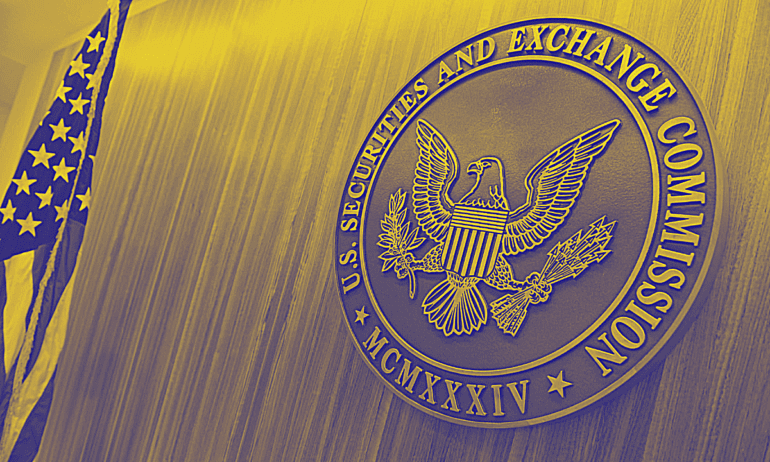TL;DR:
- The US Securities and Exchange Commission (SEC) is considering new regulations for brokerages that use artificial intelligence (AI) to interact with clients.
- SEC Chair Gary Gensler has expressed concerns about conflicts of interest and the potential risks associated with the use of AI and other new technologies in the financial industry.
- The proposed regulations, expected to be introduced in October, would also cover predictive data analytics and machine learning.
- The SEC has been exploring conflicts of interest related to these technologies since 2021.
- Robo-advisers, brokerages, and wealth managers have been leveraging AI to target consumers with customized marketing, pricing, and prompts.
- The US government has yet to establish a comprehensive approach to regulating AI in finance.
- The proposed regulations are part of the SEC’s broader rule-writing agenda, which includes other regulatory plans.
- The SEC may also require more robo-advisers to register as money managers and consider changes to customer reserve deposit requirements for large brokers.
Main AI News:
In a significant development, the US Securities and Exchange Commission (SEC) is contemplating the implementation of fresh regulations governing brokerages that utilize artificial intelligence (AI) to engage with their clients. This move comes as the regulatory body seeks to address conflicts of interest arising from the deployment of such technology. The proposed regulations, which may be unveiled as early as October, are intended to cover not only AI but also predictive data analytics and machine learning applications.
Since assuming leadership of the SEC two years ago, Chair Gary Gensler has consistently expressed apprehensions regarding whether brokers and financial advisors truly act in the best interests of their clients. Gensler has also highlighted the potential for “inherent” conflicts of interest associated with the use of certain novel technologies by financial professionals. Emphasizing the need for the SEC’s approach to evolving alongside changing technology, Gensler stated, “Technology, markets, and business models constantly change. Thus, the nature of the SEC’s work must evolve as the markets we oversee evolve.“
The SEC initiated an exploration of potential conflicts of interest linked to these technologies back in 2021. Meanwhile, robo-advisers, brokerages, and wealth managers have been actively exploring ways to tailor their marketing, pricing, and prompts to individual consumers. Despite the surge in media attention surrounding AI tools, the US government has yet to formulate a comprehensive approach to these new technologies. Earlier today, Rohit Chopra, the country’s leading consumer watchdog, cautioned that if left unchecked, AI could introduce a higher risk of fraud and discrimination in the financial sector.
The proposed crackdown on AI utilization by brokerages was included in the SEC’s semiannual rule-writing agenda, which encompasses numerous other regulatory initiatives. Additionally, the agency announced its intention to propose a requirement for more robo-advisers, or internet advisers, to register as money managers with the SEC. This classification entails additional regulatory obligations. Furthermore, the SEC is considering a potential shift from weekly to daily calculation of customer reserve deposit requirements for large brokers.
Conclusion:
The SEC’s consideration of new regulations for AI adoption in brokerages signifies a proactive response to potential conflicts of interest and risks associated with technology in the financial market. These regulations aim to strike a balance between technological innovation and safeguarding investor interests. Market participants should monitor developments closely as the SEC continues to evolve its regulatory framework in alignment with market dynamics and advances in AI.

